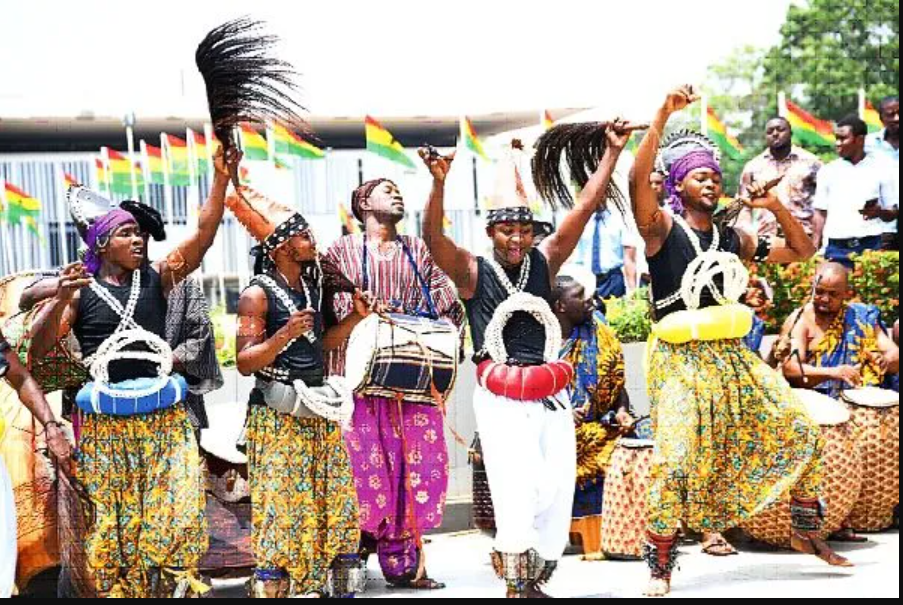

Ghana's creative arts industry holds immense potential to drive economic growth, enhance cultural heritage, and elevate the country's international profile.
To fully realize this potential, a multifaceted approach encompassing policy development, funding, education, infrastructure, market access, legal support, digital transformation, networking, cultural tourism, and public awareness is essential. Here’s a detailed plan on how Ghana can achieve this.
1. Policy Development and Implementation
National Creative Arts Policy: A comprehensive national policy for the creative arts sector would provide a strategic framework for growth. This policy should outline support mechanisms, regulatory guidelines, and long-term goals, ensuring a cohesive approach to developing the industry.
Tax Incentives: Introducing tax breaks and incentives for creative businesses can significantly stimulate investment. By reducing the financial burden on creative enterprises and their investors, Ghana can foster a more dynamic and innovative arts sector.
2. Funding and Investment
Creative Arts Fund: Establishing a dedicated fund to provide grants and low-interest loans will empower artists and creative professionals to pursue ambitious projects without the constant worry of financial constraints. This fund could support everything from film production to music album releases and art exhibitions.
Public-Private Partnerships: Encouraging collaboration between the government and the private sector can bring in much-needed capital and expertise. These partnerships can facilitate the development of large-scale projects and infrastructure, such as film studios or concert halls, boosting the industry's overall capacity.
3. Education and Training
Creative Arts Education: Integrating arts education into the national curriculum from primary to tertiary levels will nurture talent from a young age. Such a system would ensure that artistic skills are developed alongside academic knowledge, creating a well-rounded education system.
Vocational Training Programs: Specialized training programs in areas like digital arts, film production, music, and fashion design are crucial. These programs can equip individuals with the practical skills needed to excel in the creative industries, ensuring a steady supply of skilled professionals.
4. Infrastructure Development
Cultural Centers and Hubs: Building and maintaining cultural centers and creative hubs across the country would provide spaces where artists can collaborate, showcase their work, and access essential resources. These hubs can act as incubators for talent and innovation.
Modern Facilities: Investing in state-of-the-art facilities such as recording studios, theatres, art galleries, and film production studios is essential. These facilities would support the creation and distribution of high-quality creative works, attracting both local and international attention.
5. Market Access and Promotion
International Market Access: Facilitating access to international markets through trade agreements, export support, and participation in global arts festivals can expand the reach of Ghanaian creativity. This exposure can lead to increased demand for Ghanaian art, music, and film abroad.
Promotion Campaigns: Launching national and international campaigns to promote Ghanaian creative works can enhance the global recognition of Ghanaian culture. These campaigns can leverage social media, international collaborations, and cultural exchange programs to reach a wider audience.
6. Legal and Regulatory Support
Intellectual Property Protection: Strengthening intellectual property laws and their enforcement will protect artists' rights and ensure they receive fair compensation. Robust IP protection is vital for fostering a sustainable and profitable creative industry.
Regulatory Framework: Simplifying regulations and reducing bureaucratic hurdles for creative enterprises can make it easier to start and run creative businesses. A streamlined regulatory environment encourages entrepreneurship and innovation.
7. Digital Transformation
Digital Platforms: Developing and supporting digital platforms for the distribution and monetization of creative content is crucial in the digital age. Platforms such as streaming services, online galleries, and e-commerce sites can provide new revenue streams for artists.
Technology Integration: Encouraging the use of technology in creative processes can enhance productivity and creativity. Digital tools for music production, film editing, and virtual art exhibitions can open up new possibilities for Ghanaian artists.
8. Networking and Collaboration
Industry Networks: Establishing networks and associations for creative professionals can foster collaboration, resource sharing, and collective advocacy. These networks can help address common challenges and promote the interests of the creative community.
Collaboration with Diaspora: Leveraging the Ghanaian diaspora's expertise, connections, and resources can support local creatives. Diaspora collaborations can provide mentorship, funding, and access to international markets.
9. Cultural Tourism
Heritage Sites and Festivals: Promoting cultural tourism by investing in heritage sites and supporting cultural festivals can attract international tourists. These events can showcase Ghana's rich cultural heritage and boost the local economy.
Tourism Packages: Developing tourism packages that highlight Ghana's creative arts scene, including studio tours, gallery visits, and live performances, can enhance the tourism experience. These packages can attract cultural enthusiasts from around the world.
10. Public Awareness and Appreciation
Public Awareness Campaigns: Conducting campaigns to raise public awareness about the value of the creative arts can encourage local support for artists. These campaigns can highlight the economic and social benefits of a vibrant creative sector.
Community Engagement: Involving communities in creative arts initiatives ensures that the benefits of the industry are felt at the grassroots level. Community engagement can foster a sense of ownership and pride in local cultural achievements.
By implementing these steps, Ghana can create a thriving creative arts industry that significantly contributes to the national economy, promotes cultural heritage, and enhances the country's international profile.
The creative arts have the potential to become a major economic driver, providing employment, generating income, and positioning Ghana as a cultural hub on the global stage.
Read Full Story

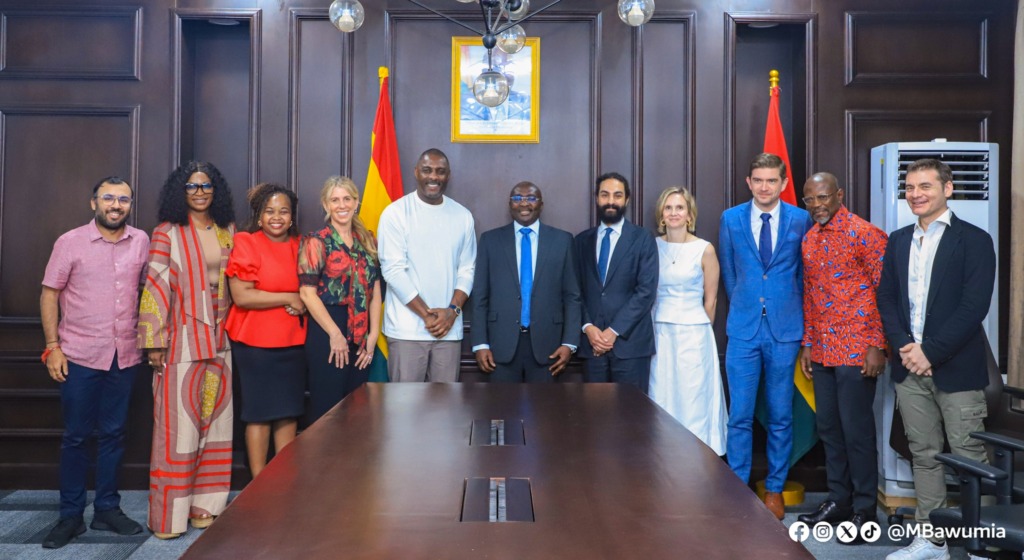
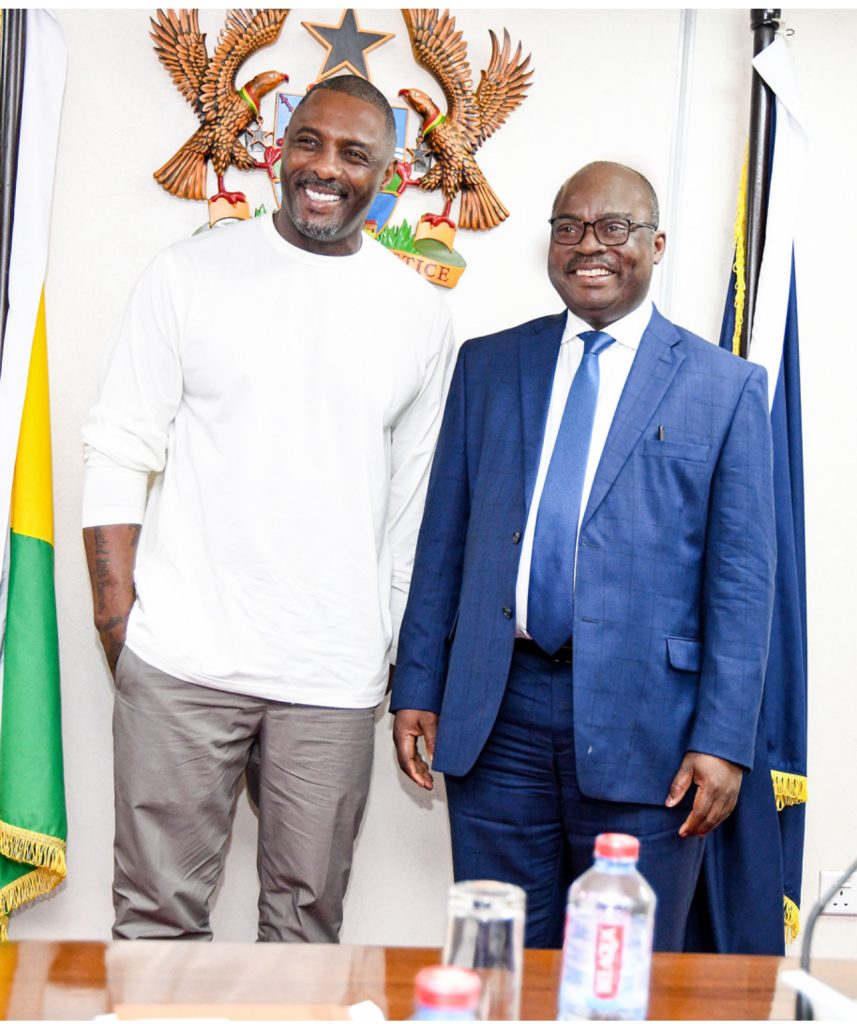

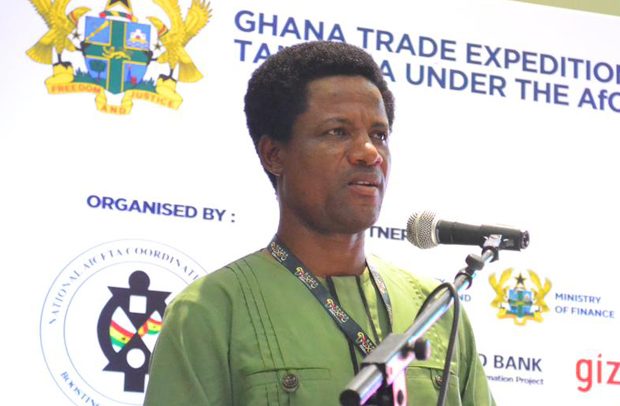

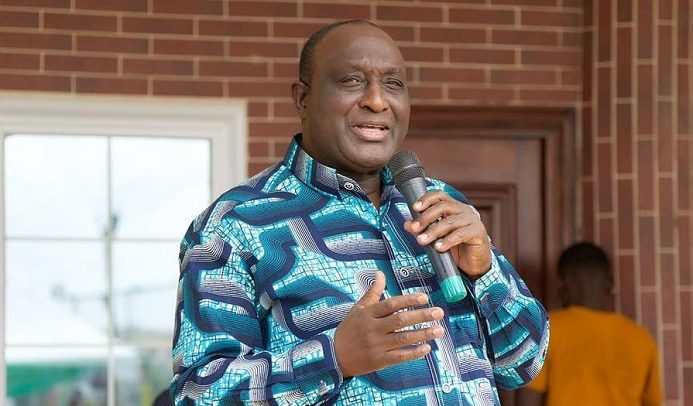












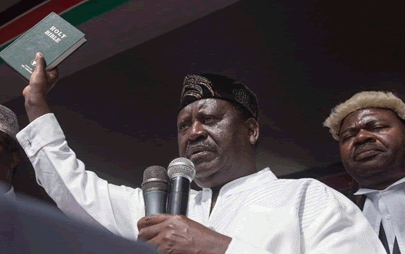





Facebook
Twitter
Pinterest
Instagram
Google+
YouTube
LinkedIn
RSS